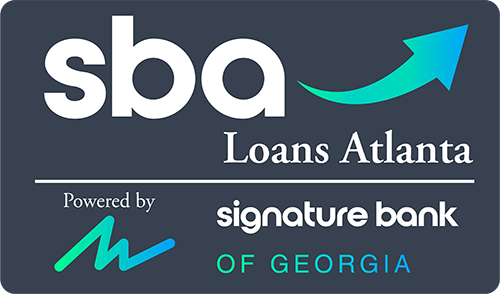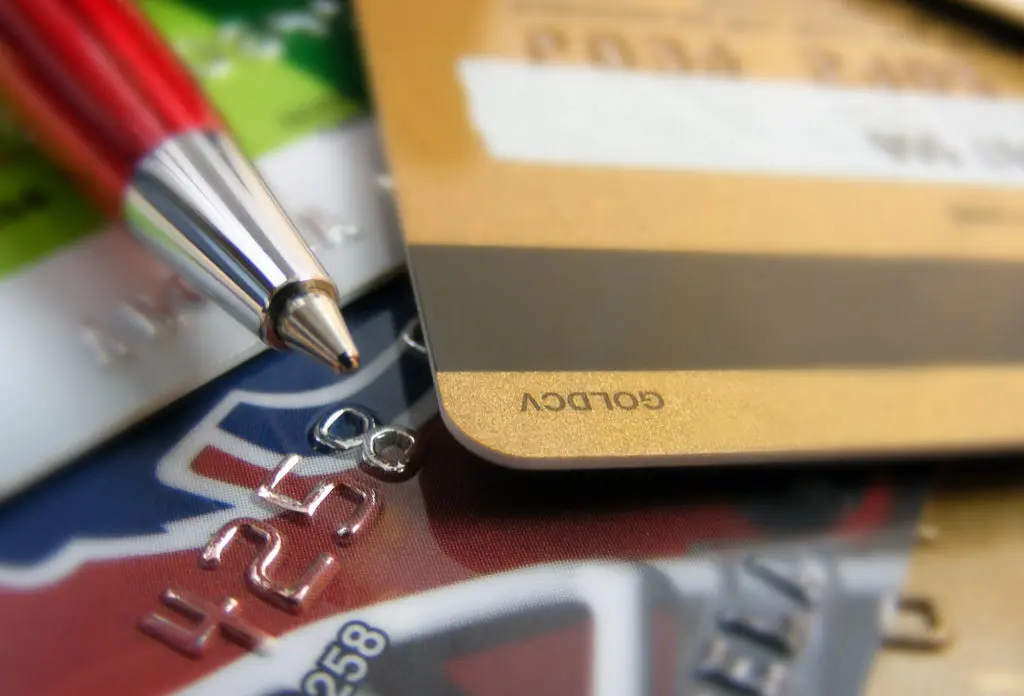Over 60% of Americans have some kind of credit card, and some even have multiple cards. Credit cards make it easy to make purchases, pay bills online, and more, but some people resort to using their debit cards for the same purpose.
But what is the difference between credit and debit cards? Should you favor one over the other, or use both interchangeably?
In this article, you’ll learn more about credit vs debit cards, the pros and cons of each, and which one you should use and when.
Credit vs Debit Cards: What’s the Difference?
Both debit and credit cards look strikingly similar, and at first, you may not be able to tell the difference between the two. If you’re wondering when to use a credit or debit card, the main difference is where the money comes from.
When you use your debit card, the money you spend is deducted from your bank account almost immediately, depending on the purchase and when it was made. Sometimes purchases are cleared right away, other times it may take 24 hours or more, especially if it’s over the weekend. When you open an account at a bank, you’ll have the option to get a debit card.
Credit cards are entirely different. When you use a credit card, you use a line of credit and no money is withdrawn from your bank account. You will receive a monthly credit card bill for your purchases, in which you’ll need to make payments.
Both your credit and debit card have different account numbers because money is either taken out or applied to your line of credit. These are two separate accounts.
Credit Card Pros and Cons
Both credit and debit cards have their advantages and disadvantages. So how do you know which one works best for you?
Here are the pros and cons of using a credit card.
Pros
Credit cards are great if you don’t have money to spend right away and you require necessities. You will need to pay back the balance, however, when you get your bill.
If you need to establish a credit history, credit cards will help you do that. By making purchases and payments, you’re building credit so you can make larger purchases like a home or a car.
Credit cards also come with incentives and rewards like rebates or warranties on certain purchases that may extend past a manufacturer’s warranty. If you’re looking to make a large purchase, it might be worth it to purchase it on a credit card to see if there’s extra coverage.
They also offer other types of protection on fraudulent purchases.
However, credit cards also come with their share of troubles.
Cons
When you apply and are accepted for a credit card, you have a credit limit. You cannot exceed this limit, and if you do, your card will get denied if you try to make a purchase. Make sure you know your limit and do not exceed it.
The main problem with credit cards is overspending and getting into debt. Overspending is much easier to do with credit cards because you have time to pay for it. You will need to keep tabs on your spending so you don’t overspend, and while you can add credit, you don’t want to get into financial trouble.
Credit cards are great for building credit history but they’re contingent on paying your bill on time and paying off the balance as much as possible. Missing a payment or having a revolving balance negatively impacts your credit score.
Interest also adds up when you don’t pay your bill. Credit cards carry a high interest rate and if you allow your balance to accrue, your interest rate tacks onto your balance making it harder to pay off.
Debit Card Pros and Cons
While credit cards have their benefits, you should also consider a debit card and why it might be a better choice.
Debit cards help you avoid overspending. Since your money is withdrawn from your account almost immediately, you have a limit on how much you can spend. If you do end up overdrawing, you may get charged with a fee, which is usually around $25 per overdraft.
Most credit cards, especially if they’re specialty credit cards, require an annual fee. With a debit card, there are no additional fees.
Debit cards are beginning to offer some protection on purchases. And, debit cards to not rack up interest.
You can use your debit card easily at the ATM to withdraw cash if you need it. All you need to do is use your PIN, or Personal Identification Number assigned to you and you can access cash. Remember, this cash comes out of your bank account.
Debit cards are great for control spending and they offer a lot of flexibility. But there are some drawbacks.
For one, you cannot build credit with a debit card. Even when you use a debit card for online shopping, your credit isn’t impacted by it. Using your debit card at the store offers you the choice to use credit or debit when checking out, but that’s simply for the store use.
Some debit cards may come with fees that are paid to the bank or to the ATM. ATM fees may apply if you use an ATM that’s not part of your bank’s branch.
You may not be able to use it for everything. Some companies want the security of a credit card, like utilities or rentals, so using a debit card may not be applicable.
Credit and Debit Cards
When you’re thinking about credit vs debit cards, you should consider which one is right for you. The security of a credit card is important, but a debit card offers you the ability to stay on track financially. Whatever you decide, you can benefit from both, and we’re happy to help you get started.
Do you have more money questions? Signature Bank can help! Contact us today to learn how to manage your money.


